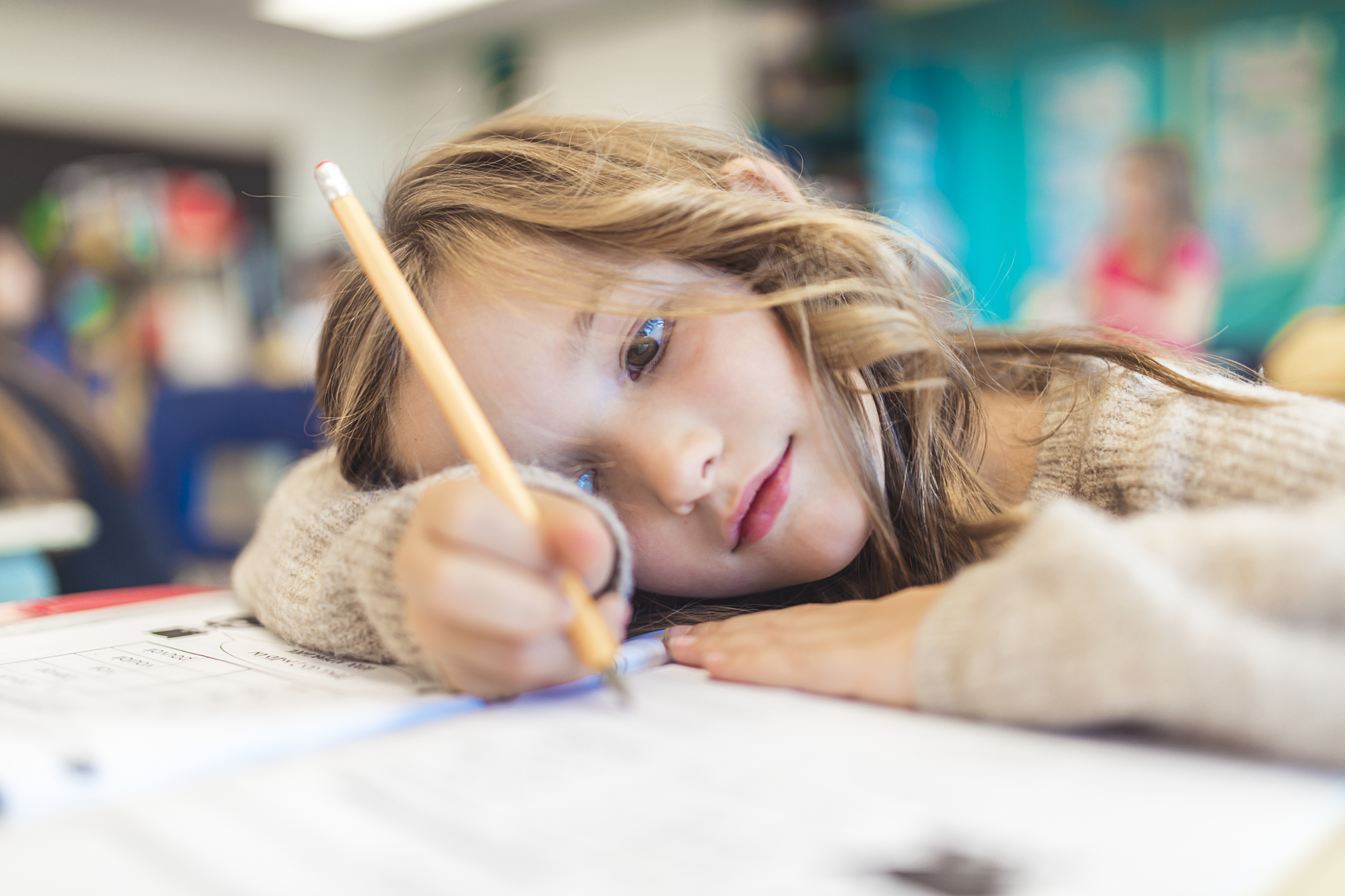Leanne Tran
Children can have difficulties learning at school for a range of different reasons. There is a wide range of normal learning and some children take longer to get there, but are still a learning within normal expectations. Other children have learning difficulties that need extra help to bring them up to the level expected in their grade. Sometimes children have trouble learning because they are experiencing challenges that are not really related to grasping the concepts but still affect how well they can take in information. Some examples of these things are autism, ADHD, anxiety, or challenges understanding language. Sometimes it’s as simple as lots going on at home and the child feeling overwhelmed and distracted.
Children can start having difficulty learning at different ages, so here are some signs to watch out for:
- Trouble spelling or reading common words
- Dislike of reading or writing
- Difficulty paying attention
- Trouble following directions in class
- Disliking school or not wanting to go
- Frustration or reluctance with homework
- Lack of confidence or talking about themselves in a negative way
Usually if your child is having trouble with learning your teachers will be in contact to talk to you about this. Teachers can be a great source of advice because they see lots of children of the same age and can give an opinion about whether your child’s difficulties are just a lag or whether it’s worth getting some help to understand them better. Teachers might recommend that parents take their child to get an assessment for learning difficulties but often parents and sometimes even teachers don’t know what this actually involves. Below is some information about the process of understanding and assessing learning difficulties in children.
Assessment for learning disorders is mostly the realm of psychologists. Sometimes other people like Paediatricians or Speech and Language Pathologists can help too. The first thing a psychologist will ask about if your child is having trouble learning at school is whether they have had hearing tested an vision tested. It might seem pretty obvious, but we want to make sure that children can see and hear in order to be able to learn. Your psychologist will help assess whether your child might be struggling with anxiety or attention or some of the differences in processing that come with being autistic. Some parents may find this meets their child’s need, and other children will need specific learning assessments.
The first step In understanding a child’s learning is to do a cognitive assessment. A cognitive assessment is an IQ test that provides us an estimate of a child cognitive abilities, including abilities with problem solving, word based learning, visual based learning and memory.
Everyone’s abilities can be measured and most people are average but some people will learn quite quickly and things come easily to them, whereas other people find learning more of a challenge and take longer to learn. Identifying what your child’s abilities are gives a good guide as to whether they will be able to meet the expectations through their schooling. The second assessment is an assessment of academic skills. This is similar to the types of tests kids might have at school like spelling, reading and maths. These tests are standardised though, which means we can compare to how other children of the same age or in the same grade perform. It also lets us compare the achievement scores to what we expect they would be from your child’s cognitive ability. This is what lets us identify whether the achievement is unexpectedly below their ability or in line with it.
One other important component of understanding learning difficulties is knowing whether a child’s achievement has responded to intervention or not. Intervention should be provided when kids need help with learning and in six months kids with minor delays will improve their skills and achievement will come up in line with the rest of the kids in their grade. Where this is not the case and after six months of intervention kids are still having difficulty learning, it confirms a diagnosis of a learning disability.
A learning disability is trouble with achievement that is unexpected. This means that children have the capacity to problem solve, but also have some limitation that is interfering with them achieving. Children can have learning disabilities in writing, in reading, or in maths. You may have heard the terms dyslexia, or dyscalculia and these are learning disabilities but the terminology has changed with knew assessment guidelines. Dyslexia refers to a specific learning disability in reading and spelling. Dyscalculia is a specific learning disability in maths.
A diagnosis of a learning disability can be really helpful for children in three main ways.
- It identifies the area that they’re having difficulty with so they can get help. Intervention helps your child develop the skills they need to be able to better handle reading, writing or maths.
- It can allow teachers to change the way that they teach so that their difficulties don’t get in the way. For example if a child has difficulty with reading then a teacher can read out instructions to the child so they can focus on grasping the concept without their difficulty of reading getting in the way.
- Teachers can adapt the way they assess children as well. For example if a child has a learning disability in writing, rather than have them write out their essay they can use voice to text technology so that they can express their ideas through speech that is then typed out for them.
These three adaptations can really change the course of a child schooling and allow them to build on the content of each year so that they can progress and learn.
As children get older the need for developing their skills might shift towards more of a focus of them learning how to manage their own strategies to learn in the way that suits them. For example in high school or university children who have a learning disorder in reading will naturally find that they learn better through listening to the teacher or watching videos rather than reading in a book. Identifying strategies like that early on in a school schooling career can let kids get a head start on using their own strategies to be independent with their learning.
Sometimes when school is hard, there are flow on effects like anxiety or difficulties with self-esteem or in some cases a real dislike of school and school refusal. Identifying the way your kids learn the best and supporting them with strategies can help set them on a positive path through school.
Raising Children has a great article with further links:









